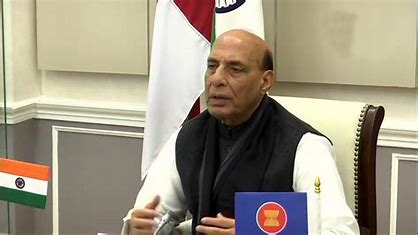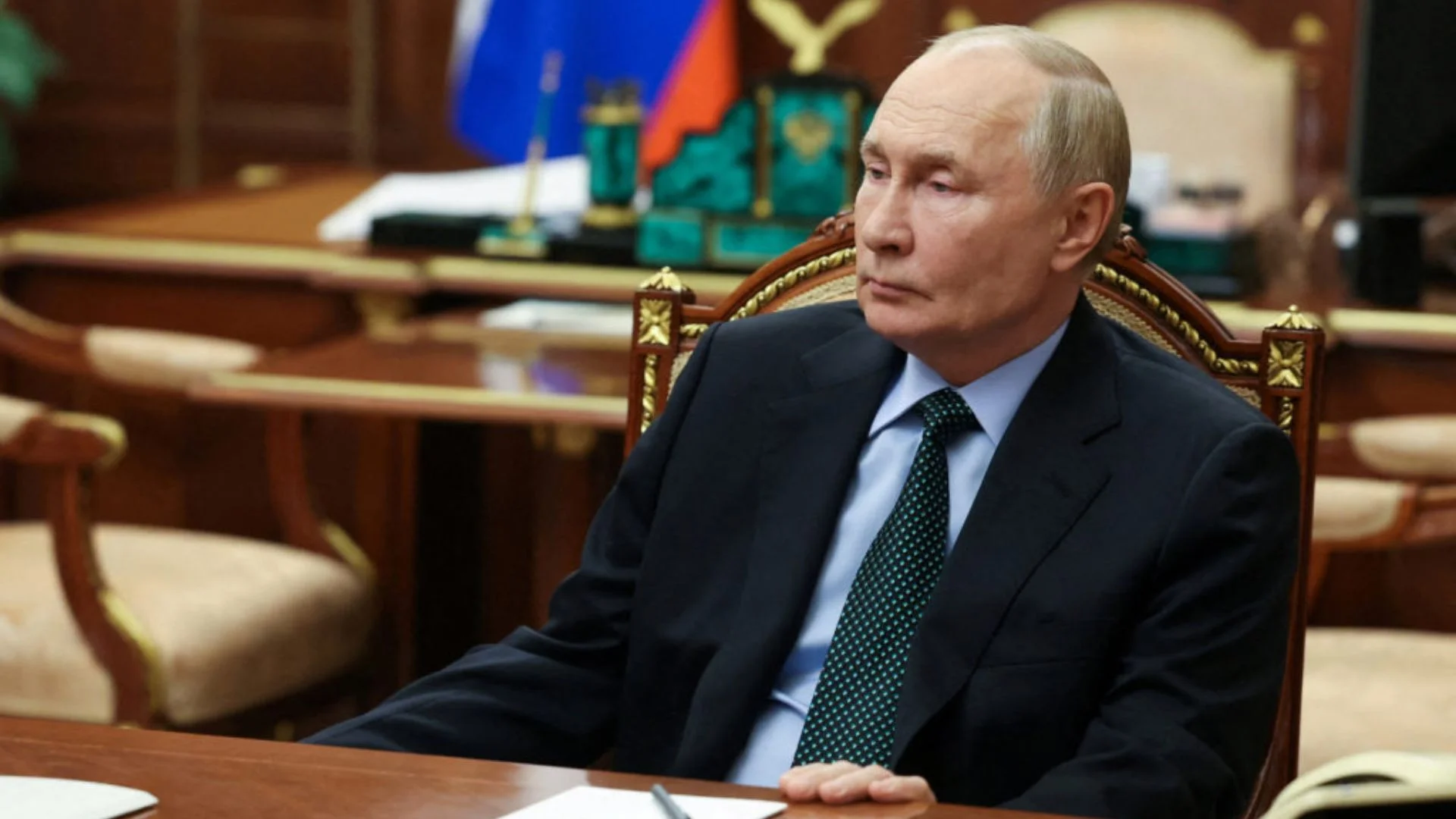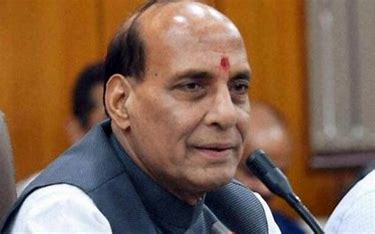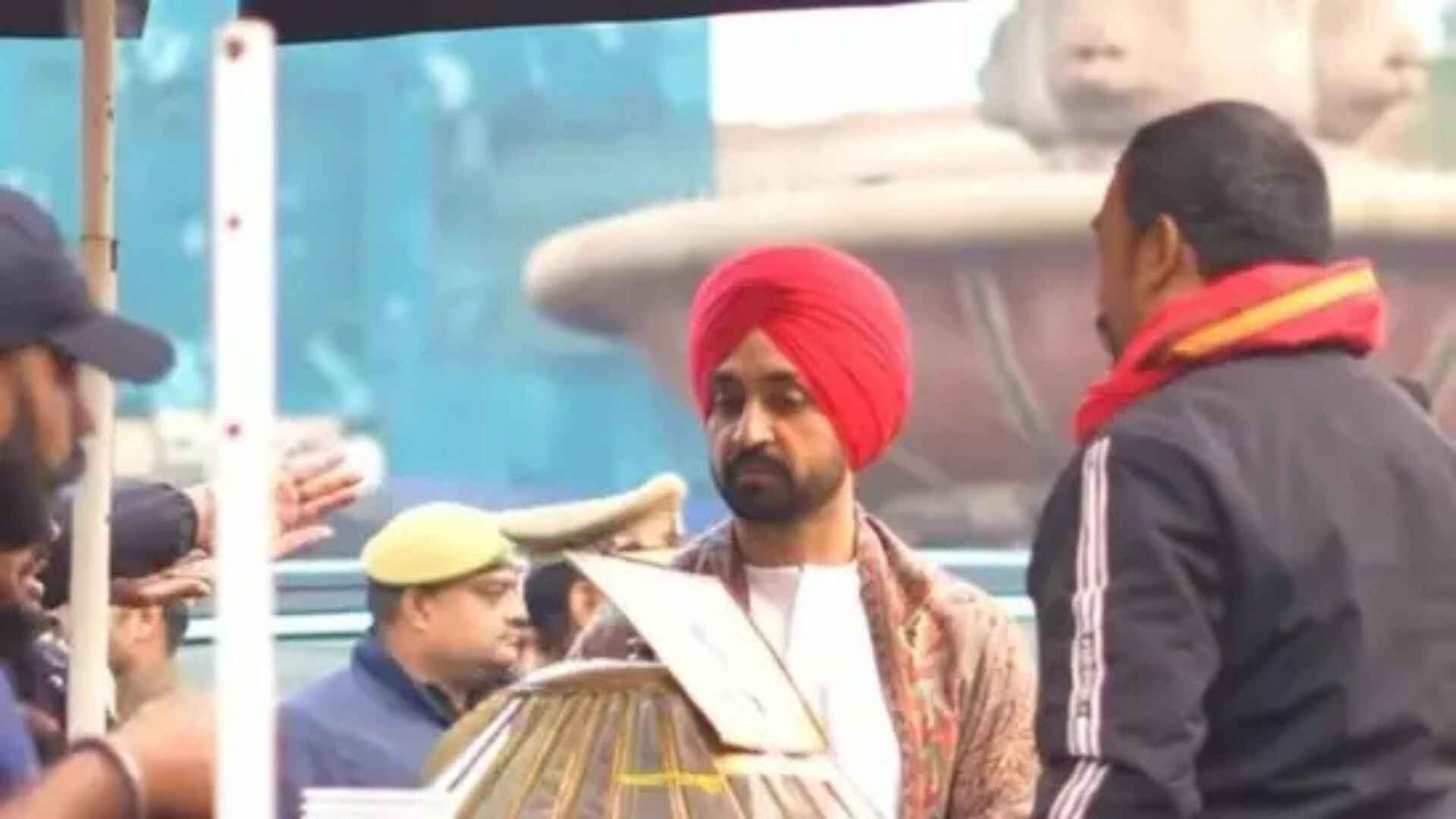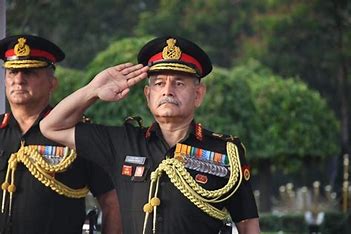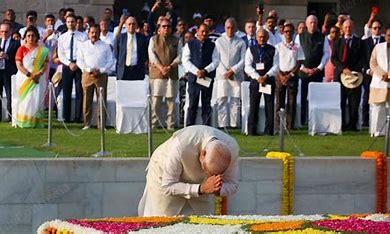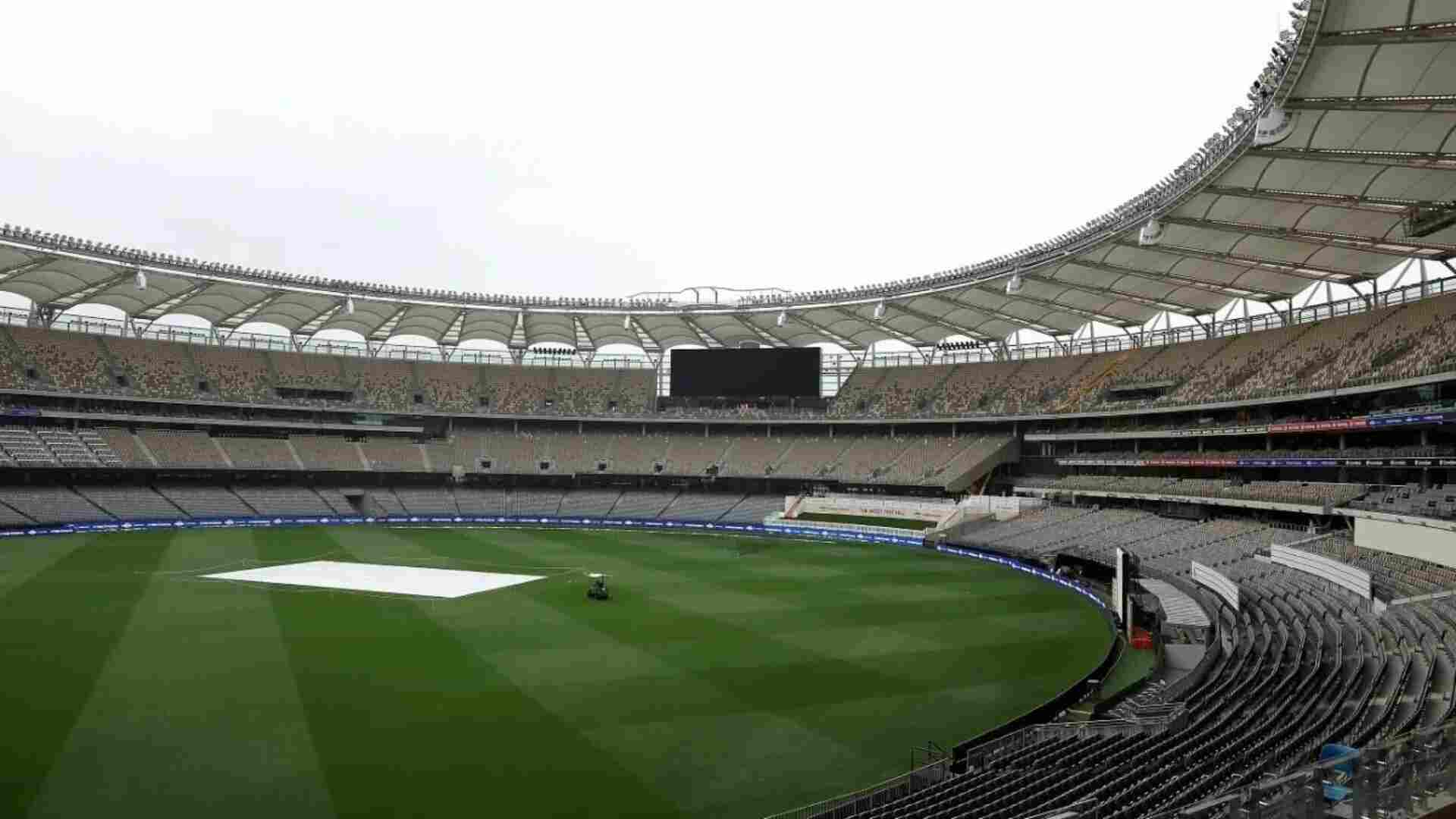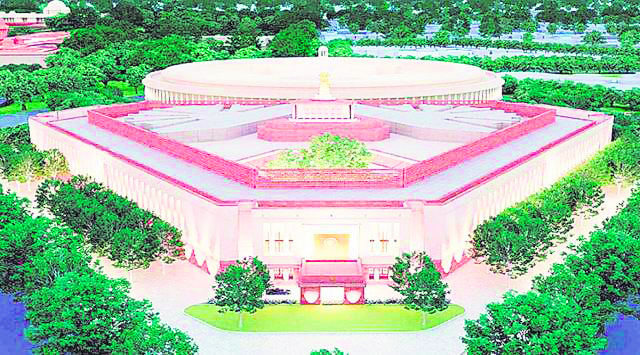
A ground-level survey of the Srinagar Parliamentary constituency was conducted by India News to analyse the performance of Farooq Abdullah, the Member of Parliament from Srinagar, and gather voters’ feedback about him.
Srinagar has gained global renown owing to its breathtaking beauty. Renowned for its lakes and houseboats, the city boasts iconic attractions such as Dal Lake, Shalimar Bagh, Nishat Bagh, Gulmarg, and Pahalgam, each playing a significant role in shaping Srinagar’s unique identity. In its pre-union territory era, the city grappled with a formidable presence of terrorism.
Nevertheless, there has been a noticeable decline in the stronghold of terrorism, paving the way for a transformation in the city’s image, marked by substantial development and progress.
Farooq Abdullah, representing the National Conference, currently serves as the Member of Parliament from this region. His political journey began when he was first elected as an MP in 1980, marking the commencement of a long and dedicated tenure. Subsequently, in 1982, Farooq Abdullah achieved another milestone by becoming a legislator for the first time, a position he successfully held five more times in the following years.
In 1983, Farooq Abdullah assumed the role of Chief Minister of Jammu and Kashmir for the first time, subsequently holding the position three more times. His political journey continued, and he secured his second term in the Rajya Sabha in February 2009. In the same year, Farooq Abdullah emerged victorious in the Lok Sabha elections. Notably, from 2009 to 2014, he served as a minister in the central government.
Farooq Abdullah secured victory once again as the Member of Parliament from Srinagar in the 2017 by-election and the 2019 general election, showcasing his sustained popularity in the region. The history of representation from this constituency includes Begum Akbar Jehan Abdullah, who became an MP in 1977. In 1980, Farooq Abdullah succeeded her.
The subsequent years saw Abdul Rashid Kabuli winning in 1984 and Mohammad Shafi Bhat in 1989. In 1996, the seat was won by Ghulam Mohammad Mir Magami of the Congress. The National Conference regained its hold on the seat from 1998 to 2009 in the Lok Sabha elections.
The political landscape in Jammu and Kashmir has undergone significant changes following the abrogation of Article 370. Presently, the region is experiencing a lull in political activities. However, there are indications that the groundwork is being laid for the conduct of assembly and panchayat elections in the near future.
Therefore, the upcoming Lok Sabha elections are anticipated to witness a unique atmosphere for the Srinagar seat. Dal Lake, the renowned locale in Srinagar, holds special significance for the Abdullah family and is deemed the stronghold of their political party, the National Conference.
Notably, Farooq Abdullah’s mother, Begum Akbar Jehan Abdullah, and his son, Omar Abdullah, have also represented this seat as Members of Parliament in the past.
Following the recent delimitation process, the total count of assembly seats in the Srinagar Lok Sabha constituency has now reached 19. Impressively, this parliamentary seat boasts approximately 1.3 million eligible voters. While the predominant focus has historically been on developmental concerns, it’s noteworthy that voters have frequently aligned their choices based on religious affiliations.
However, a perceptible shift is underway in the region’s dynamics, attributed to the transformative development initiatives spearheaded by the Modi government at the centre.
With the upcoming Lok Sabha elections slated for 2024, all eyes are once again turned towards anticipating the choice of the people of Srinagar for their Member of Parliament. While the landscape is witnessing a heightened visibility of developmental initiatives, there remain several pressing issues that demand immediate attention.
The 2024 general elections hold significant importance for the Srinagar Lok Sabha seat, particularly in the aftermath of the abrogation of Article 370. As the elections approach, the residents of Srinagar are likely to engage in a thorough assessment of their Member of Parliament’s performance.
Presence in Parliament, the number of questions raised, the utilization of the MP Fund, and special contributions are key factors considered when assessing parliamentary performance. While the parliamentary attendance stands at approximately 60%, only a mere 5% of the questions raised by the MP pertain to the development of the region and the nation.
In terms of MP Fund utilization, approximately 80% has been spent, and special contributions are evident in around 40% of parliamentary activities. Evaluating MP Farooq Abdullah based on these criteria, he scores 1, securing only 0.46, a considerably below-average performance.
The responses to our six questions from the people of Srinagar Lok Sabha constituency have been candid. Most believe that the MP’s work is not visible in the region, with a lack of focus on development. The people are not very satisfied with the work of the MP in this Lok Sabha, and they want to see more active involvement in the region.
Despite having relatively equal thoughts for NDA and other parties, the people seem content with the development initiatives of the Modi government. In terms of development, Srinagar’s electorate rates their MP, Farooq Abdullah, at 7, with a score of 3.15, which is considerably low. Based on the ground survey questions, around 45% are scoring, which is below average.
In the India News survey, the people of Srinagar Lok Sabha constituency were asked the same questions as in our survey, aiming to understand their views on the parliamentary performance. The result of this survey is essential to know, and the people are giving MP Farooq Abdullah only 1, with just 0.30, which is disappointingly low—indicating dissatisfaction with the MP’s performance on social media.
The region faces a multitude of pressing issues that significantly impact the lives of its residents. The challenges range from extreme unemployment, creating a sense of economic uncertainty, to a severe drinking water crisis that jeopardizes the fundamental necessity of clean and accessible water. The state of rural roads adds to the concerns, with disrepair hindering smooth transportation and connectivity.
A mass exodus has been noted, highlighting broader concerns about living conditions and opportunities. Neglect in the domains of education and health compounds the challenges, contributing to a growing sense of unease among the population. Moreover, apprehensions voiced by separatists add a layer of complexity to the region’s socio-political landscape.
The slow pace of development, coupled with issues of civil security, fuels the prevailing atmosphere of concern. Residents also grapple with the looming fear of terrorist attacks, underscoring the delicate security situation. Addressing these multifaceted issues is crucial for fostering a positive trajectory of development and improving the quality of life in the region, however, MP Farooq Abdullah failed to address these issues.
In conclusion, the parliamentary performance based on factors like attendance, number of questions, fund utilization, special contributions, ground performance, and social media presence shows that Farooq Abdullah scores 1, 0.46, 0.30, and 3.15 in these respective categories. Averaging these scores, he stands at 3.96, which is below average. Therefore, the people of Srinagar Lok Sabha constituency rate MP Farooq Abdullah as a ‘FAILING’ representative.
